Ever scrubbed your carpet only to find it stiff afterwards? You're not alone. It's a common issue, often due to improper cleaning methods or unsuitable products. Over-cleaning and the wrong water-to-product ratio can also lead to this crunchy feel. But don't worry, we've got you covered! In this article, we'll help you understand these causes and guide you on how to restore your carpet's softness effectively.
You've got to understand that your carpet might be stiff after cleaning due to a variety of reasons, such as improper cleaning methods, using the wrong products, or even hard water with high mineral content. Common mistakes often include rushing the process or using too much product. It's crucial you take your time and follow the correct cleaning techniques.
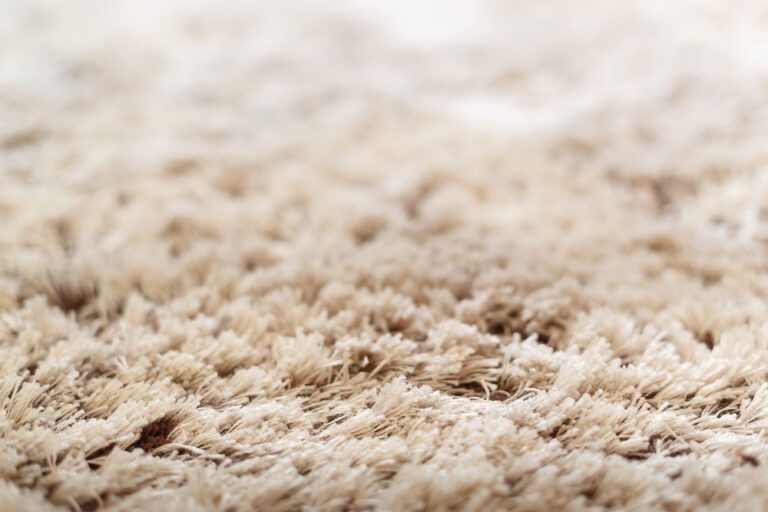
When it comes to products, pH levels are key. Some cleaners possess high pH levels which can be harsh on carpet fibers, leading to stiffness. Make sure you're not just grabbing any old cleaner off the shelf – ensure it's a product suited for carpets.
Water tolerance is another critical factor often overlooked in this process. Not all carpets react well to water-based products - some types like natural fiber and wool might require different cleaning methods. In addition, if you live in an area where hard water is common, remember its high mineral content can lead to stiffer carpets after a clean.
Stiffness prevention doesn't have to be an uphill battle if you arm yourself with knowledge and adopt proper practices from the get-go: choose suitable cleaners with appropriate pH levels; respect each type of carpet's individual water tolerance level; ensure adequate rinsing during the cleaning process; and allow sufficient drying time post-clean.
So there you go! You're now equipped with essential insights into preventing crunchy aftermaths from carpet cleans. Don't let stubborn stiffness hold you back - take control of your home cleanliness today!
Incorrect methods used during the cleaning process can often leave your carpet feeling crunchy to the touch. The role of agitation, or rather lack thereof, plays a major part in this. Without enough vigorous action, dirt and soap particles get left behind, becoming harder to remove as they dry.
Now let's talk about residue buildup. If you're not careful with the amount of cleaning product you use or if you're using an incorrect ratio of water-to-product, it leaves a sticky residue that stiffens your carpet fibers. Understand this: less is more when it comes to using cleaning agents.
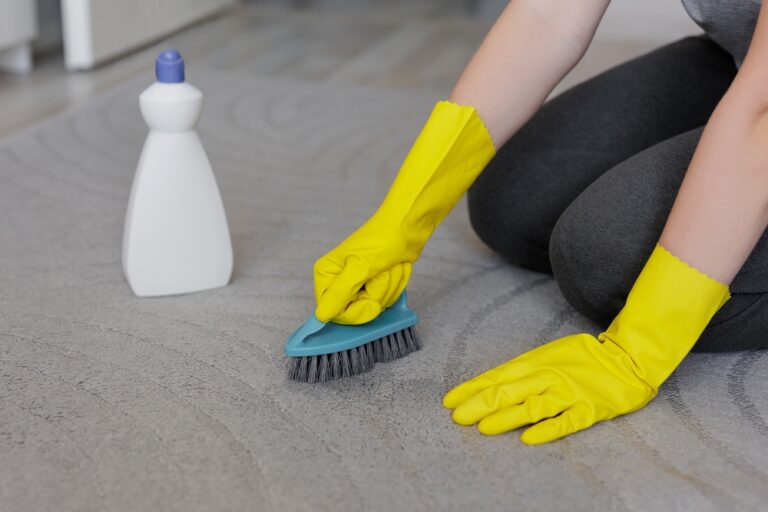
Insufficient rinsing further compounds this problem by allowing even more residual detergent to remain in your carpet fibers. Remember to rinse thoroughly until no suds reappear when agitating the cleaned area.
The importance of proper drying cannot be overstated either. A wet carpet is a breeding ground for mold and mildew which not only contribute to your carpet's crunchiness but also pose health risks! So ensure adequate ventilation and employ fans if necessary.
Lastly, consider the role of heat in carpet cleaning. Heat accelerates chemical reactions and helps dissolve dirt better but too much heat can damage certain types of carpets making them feel hard and brittle.
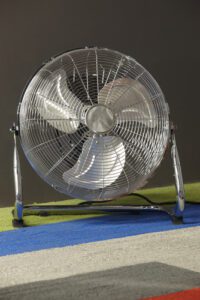
Liberate yourself from crunchy carpets by understanding these principles of effective cleaning! Adopt correct methods that ensure thorough agitation, appropriate usage of cleaners, sufficient rinsing, proper drying techniques and optimal heating levels for soft carpets that look good as new.
Choosing the wrong cleaning products can seriously damage your carpet's fibers, making them hard and crunchy to the touch. The effect of wrong cleaning products is more than just a temporary inconvenience; it may cause irreversible harm to your precious carpets.
Remember these three essential tips:
Unsuitable detergents can initiate harsh chemical reactions that degrade and stiffen carpet fibers, ruining their plush texture. When choosing the right detergent, consider your carpet's material and follow manufacturer guidelines closely. Don't fall into the trap of believing all cleaners are created equal; they aren't.
The impact of chemical reactions might not be immediately noticeable, but over time, you'll find your cozy carpet transforming into an unattractive, uncomfortable floor covering – a far cry from its original softness.
Avoiding residue buildup is another crucial step in preserving your carpet's texture post-cleaning. Excess soap left behind attracts dirt like a magnet and soon hardens up due to repeated foot traffic.
So here's what you need: liberation from dependency on any cleaner at hand! Empower yourself with knowledge about suitable cleaning products for different types of carpets and how best to use them. Your reward will be a fresh, clean carpet that feels as good as new beneath your feet - not one that reminds you of walking on dry grass every time you cross it!
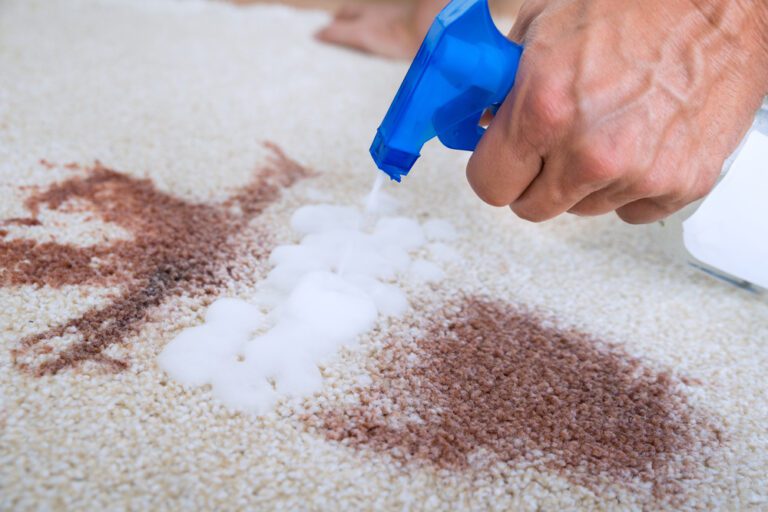
It's critical to get the right product amount when cleaning your carpets, as using too much can leave a residue that hardens and attracts more dirt. The importance of proper product amount cannot be overstated. If you're yearning for liberation from crunchy carpets and longing for softness beneath your feet, pay close attention to the quantity of cleaning agent you use.
Reducing the risk of residue buildup is essential in maintaining carpet softness and texture. Your carpet isn't a sponge; it doesn't need to soak in detergent to come clean. Apply just enough solution so it can penetrate the fibers without saturating them. Remember, excess product will only lead to stiffness and crunchiness later on.
Don't let an overdose of cleaner rob your carpet's plush comfort. Keep a balanced approach: not too little, not too much – just right! This balance ensures optimal cleaning results while preventing any unwanted changes in your carpet's feel or look.
In addition, rinsing thoroughly is fundamental in avoiding residue accumulation which contributes heavily to that dreaded crunchiness. Make sure all soap suds are completely washed out before drying your carpet. This way, you eliminate all traces of soap residue that could harden over time.
Finally, be patient with drying. Don't rush this process as it directly influences the overall texture of your carpet post-cleanse. A properly dried carpet maintains its original texture without any stiffness.
So remember: smart application plus thorough rinse equals happy carpets! Get this equation right for success every time you clean.
Dealing with carpets that aren't suitable for water-based products can certainly pose a challenge. It's common to encounter issues like water sensitivity in carpets or even problems arising from hard water. But don't worry, there are solutions to these troubles.
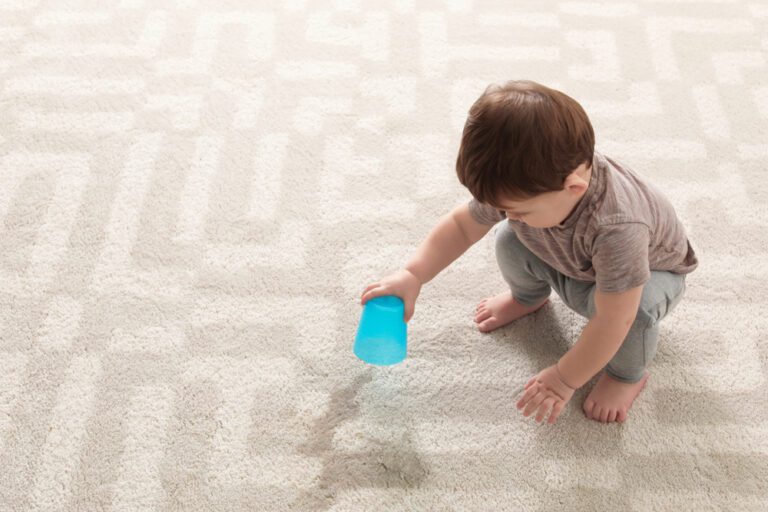
Trust me, you're not alone in facing these difficulties. Many people struggle with restoring carpet softness after using the wrong products or dealing with stubborn hard water issues. And while it might be tempting to throw in the towel and accept a lifetime of crunchy carpets, there's hope yet!
You see, trusting professional cleaners could be your ticket out of this predicament. These experts have the knowledge and tools necessary to effectively clean all types of carpets—even those tricky ones that seem resistant to every product you've tried.
So remember:
- Don't let the fear of making mistakes keep you from enjoying soft, clean carpets.
- When dealing with challenging carpet types or hard water issues, reach out to professionals.
- They'll help restore the softness and beauty of your carpets while teaching you how best to maintain them moving forward.
Don't surrender to crunchiness; embrace liberation through knowledge!
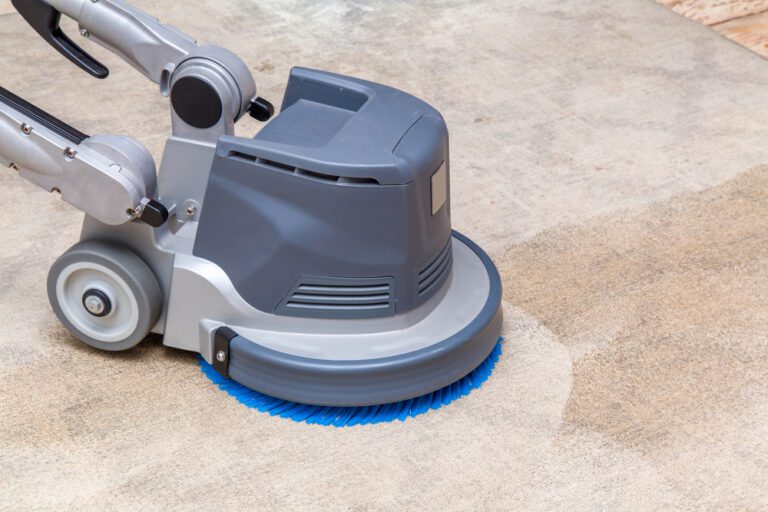
You've got to understand that improper carpet cleaning can lead to a multitude of problems, from discomfort underfoot to reduced lifespan of your carpets. Cleaning misconceptions abound, and embracing DIY carpet care without thorough knowledge might just be setting yourself up for failure.
The long-term effects of incorrect cleaning are far-reaching. When you leave residue on your carpet or over-wet it, you're not just dealing with a temporary crunchiness. You're looking at potential damage to the carpet fibers, a breeding ground for mold and mildew, and an overall reduction in the quality and life expectancy of your carpet.
You might believe that going the DIY route saves money. However, if you don't do it right, you may end up replacing your carpets sooner than necessary—a costly mistake indeed! Don't let misguided attempts at independence tie you down with crunchy carpets and hefty replacement costs.
So how do you liberate yourself from these potential pitfalls? The answer lies in professional cleaning benefits. Professionals have the right tools and know-how to clean carpets effectively without leaving them stiff or reducing their lifespan. They'll ensure maintaining carpet softness while freeing it from deep-seated dirt and allergens.
Don't allow misconceptions about carpet cleaning to limit your home's comfort or aesthetic appeal. Embrace the liberation offered by professional care—invest in regular professional cleanings as part of responsible homeownership. Remember: A well-maintained carpet isn't just about appearance; it's also about creating a healthier living environment for all who tread on its surface.
So, you've recognized the drawbacks of improper carpet cleaning. It's time to liberate your carpets from stiffness and residue buildup by understanding the necessity of proper pre-treatment before cleaning. The importance of thorough stain removal can't be overstated. Imagine a carpet as your favorite shirt; would you toss it in the wash without treating a stubborn spot? Of course not!
The same principle applies to your carpet. Pre-treatment targets those tricky stains that regular cleaning might miss, giving them an extra push out the door and preserving your carpet's natural texture and appearance.
Now, don't be fooled into thinking all pre-treatments are created equal. The benefits of professional pre-treatment far exceed their DIY counterparts —professionals possess techniques for effective carpet rinsing that ensure no residues are left behind to stiffen your precious floor coverings.
It's not just about applying some solution and hoping for the best though; understanding the chemistry of carpet cleaning is essential in this process. Professionals know which solutions work best on different types of fibers and how much heat and agitation should be applied for optimal results.
It's time to take corrective measures if your carpets feel crunchy underfoot. No one wants the discomfort of a stiff carpet. You deserve liberation from this pesky problem and here are some steps you can follow:
But how do you prevent future crunchiness?
Firstly, ensure effective agitation during the cleaning process; scrubbing helps break up dirt and allows detergent to work better without needing excess quantities.
Secondly, avoid over-shampooing; too much product leaves residue even after rinsing and quickens re-soiling.
Lastly, consider professional cleaning occasionally for a deep cleanse that also maintains the softness of your carpet fibers.
Remember - prevention is always easier than correction! Happy Cleaning!
